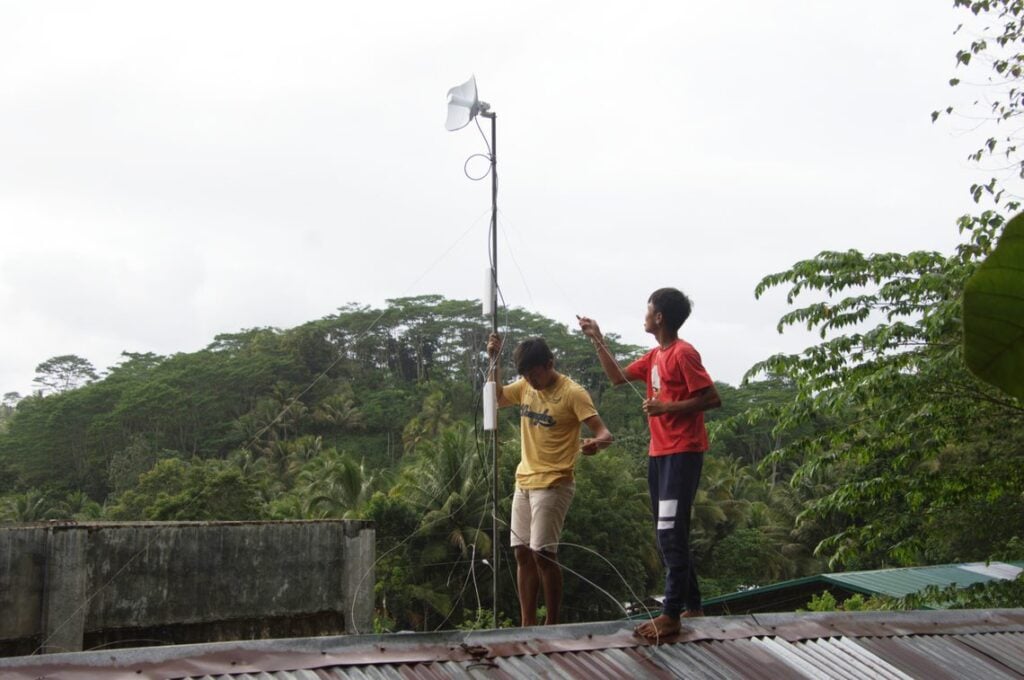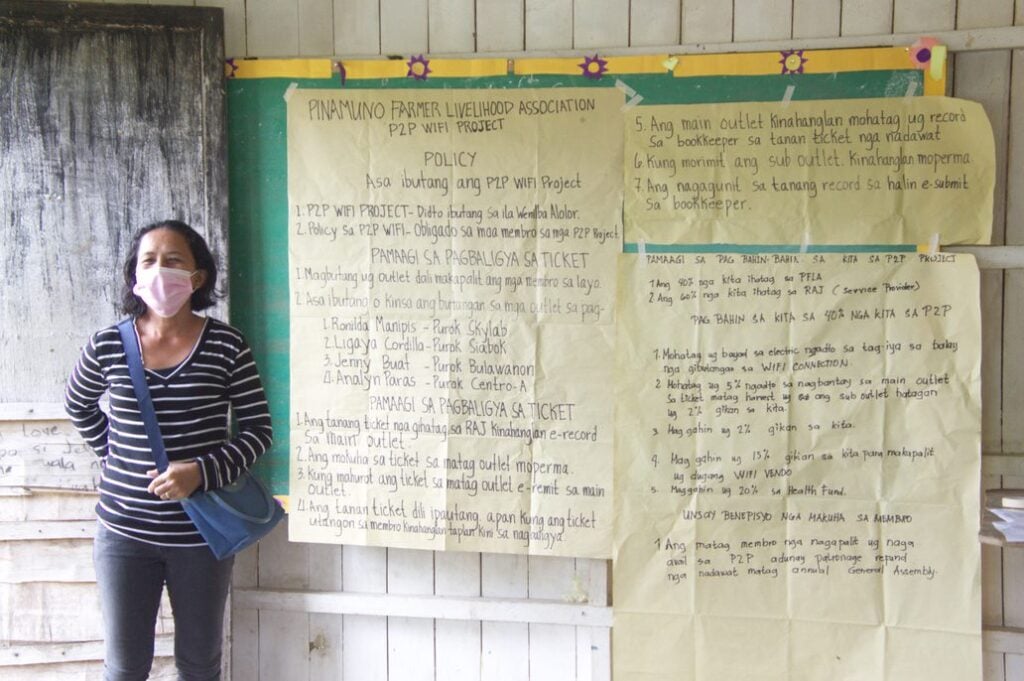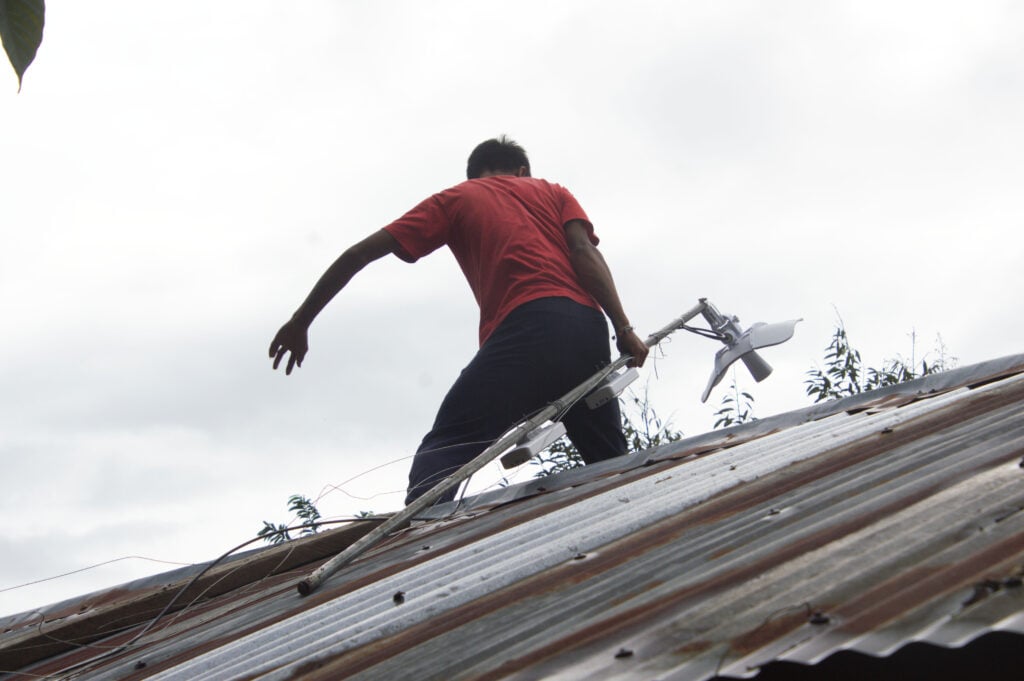Foundation Projects
Internet Connection to 4 Villages of the Municipality of San Isidro, Province of Davao del Norte, Mindanao, Philippines
Davao Medical School Inc. (DMSF)
The challenge
Both rural and urban areas in the Philippines have their own struggles with rates of Internet access.
The limited bandwidth from service providers in certain areas, aggravated by the fact that not all Filipinos can afford the payment of monthly bills for the Internet, became a tremendous problem during the COVID-19 pandemic given the strict enforcement of health protocols as mandated by the Inter-Agency Task Force (IATF) and by the respective local government units.
This seriously affected the Davao Medical School Foundation's Institute of Primary Health Care's (DMSF-IPHC) capacity to continue project activities with the People’s Organizations (POs) and project partners in the unserved or underserved communities.
The project
The small-scale grant from ISIF Asia was used to extend the coverage from a local Internet Service Provider into four Barangays (the smallest unit of local government) selected by those affected by the problem. An agreement was then reached with the ISP for the installation of an autonomously powered wireless system to relay the signal and create a local hotspot in the four selected sites; for the provision of training for the POs to operate the system, and for reselling Internet locally.
Once the system was installed, the system was managed by the four People’s Organizations, thanks to the training provided to 24 of their members to ensure project sustainability. Beyond the selling affordable Internet vouchers at very affordable rates, the project has also provided the opportunity to POs of implementing other income generating projects & services such as printing & scanning jobs which can also augment the income of the organization.
Working area/space was provided in all villages/barangays near the area where the hotspot site was located to provide convenience and comfortability among clients especially the students accessing the internet for their on-line classes & research activities. Another wifi hotspot was also installed in the Center/office of the educational sponsorship program implemented by DMSF in the 4 barangays where the internet connection project was also implemented. Each PO partner has generated monthly revenue from the services provided, which has been gradually increasing since the project started its operation. The total gross revenues accumulated by the four POs in 10 months amounts is above 3,000 USD. The revenues generated are distributed in different local funds (health community development, patronage and reserve) according to policies formulated by the POs on the generation and utilization of the aforementioned fund allocation.
In that 10 month period, more than 1,000 individuals have accessed the Internet, including 690 school children, and staff from the PO's, other community organizers and field workers as well as government and private organizations employees, other community members Teachers, Health Service Providers, Barangay leaders & businessmen. There are also strong signs that the P2P connections are financially sustainable for POs, providing ongoing connectivity in these challenging areas.



Related:


